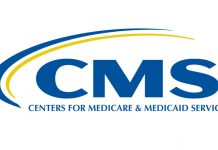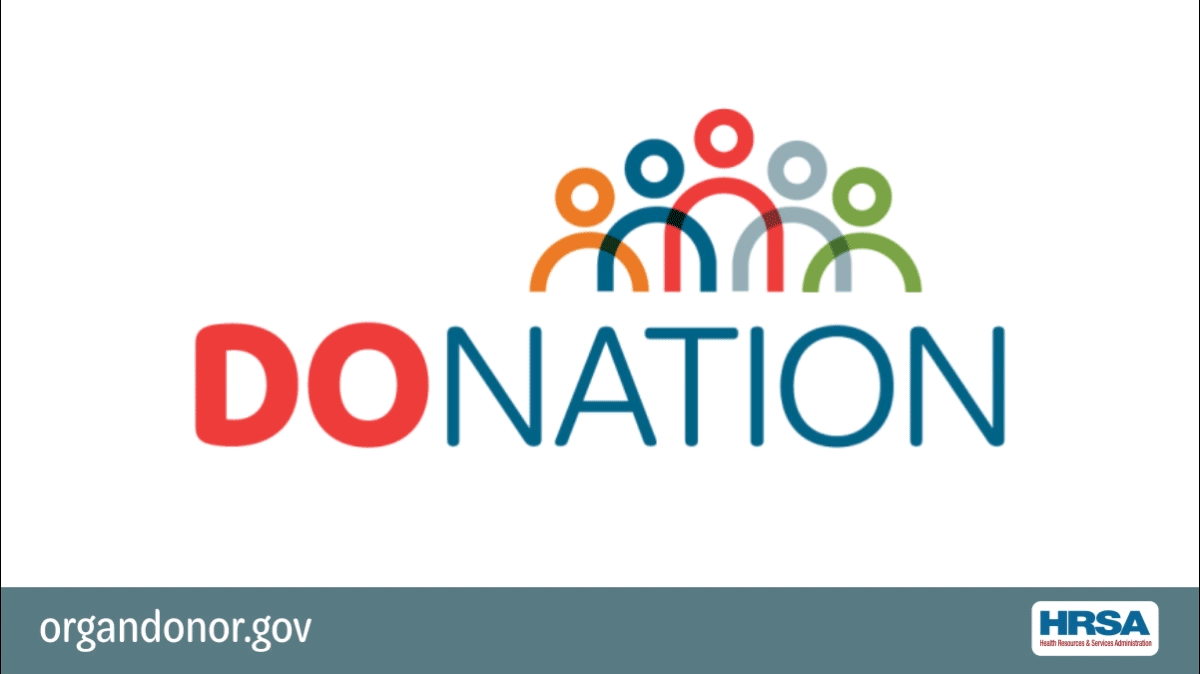 President Donald Trump renewed his call to repeal and replace the Affordable Care Act (ACA) during a joint session of Congress on Tuesday. His remarks outlined reforms that expand choice, increase access and lower costs while providing better health care.
President Donald Trump renewed his call to repeal and replace the Affordable Care Act (ACA) during a joint session of Congress on Tuesday. His remarks outlined reforms that expand choice, increase access and lower costs while providing better health care.
Trump commented that mandating every American buy government-approved health insurance was never the right solution, and the way to make health insurance available to everyone is to lower costs.
He did not offer specifics of a Republican plan, but described five principles that should guide Congress as it moves forward:
- Ensure that Americans with pre-existing conditions have access to coverage and provide a stable transition for those enrolled in the health care exchanges.
- Help Americans purchase their own coverage through tax credits and expanded health savings accounts
- Give state governors the resources and flexibility they need with Medicaid to make sure no one is left out
- Implement legal reforms that protect patients and doctors from unnecessary costs that drive up the price of insurance and work to bring down the artificially high price of drugs
- Give Americans the freedom to purchase health insurance across state lines
Members of the House of Representatives recently released a legislative “draft” document for discussion which provides some insight into where they may be headed with repeal and replace. The American Hospital Association (AHA) outlined some of the planned provisions, noting that some may already be outdated:
- Coverage incentives: The bill would drop individual and employer mandate penalties to $0 in favor of penalties for failure to maintain coverage beginning in 2019.
- Medicaid: States could receive enhanced FMAP for expansion adults through the end of 2019 and can choose to expand during the interim. After 2019, states could elect to cover expansion adults at their standard rate and they would be subject to an aggregate medical assistance expenditure cap.
- State Innovation Grants: The bill would provide states with grants over a nine-year period (2018-2026), helping them implement high-risk pools, establish premium stabilization programs, make payments to providers, and assist individuals with premiums and cost-sharing.
- Marketplace Stabilization: The bill would take steps to stabilize the Health Insurance Marketplaces for 2018.
- Repeal of the APTC, Cost-sharing Reductions (CSRs) and Small Business Health Care Tax Credit: Beginning in 2020, APTCs and CSRs for individuals and health care tax credits for eligible small businesses would no longer be available.
- Refundable Tax Credits: Beginning in 2020, the federal government would make available age-based, advanced, refundable tax credits to individuals without another source of coverage. They would begin at $2,000 annually for individuals under age 30 and increase with each decade of age to a maximum of $4,000. Families would be capped at a maximum tax credit of $14,000 annually.
- Repeal of Essential Health Benefits: Beginning in 2020, the federal essential health benefit requirements would be repealed and states would have authority to set any minimum benefit standards.
- Changes to Health Savings Accounts (HSAs): The bill would increase the maximum amount an individual could contribute to his or her HSA to align with limits on deductibles and co-pays.
- Changes in Employer-sponsored Insurance Tax Exclusion: The bill would tax employer-sponsored coverage with current premiums above the 90th percentile.
At this point, the process and timeline are very fluid. The House is expected to begin marking up the reconciliation bill in the committees of jurisdiction next week, and the bill likely needs to be passed by the end of March. This is due to the need to address the continuing resolution to fund the government during the first week in April and the president’s nomination for the Supreme Court, Neil Gorsuch, by the end of April.
We will share additional updates as they become available.






